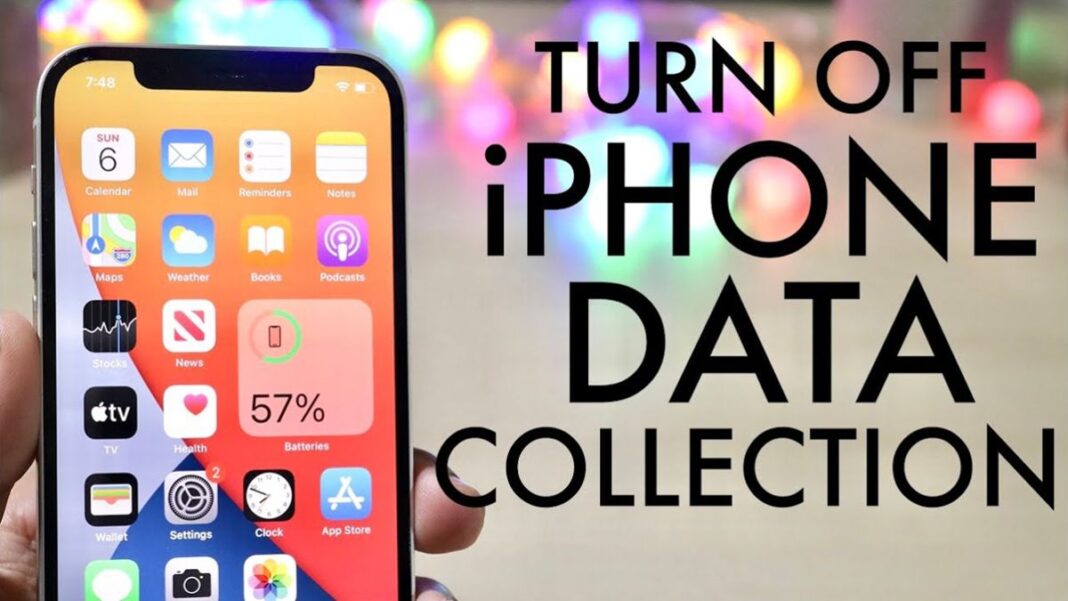Tech giant Apple has changed its policy around data requests from law enforcement, with a court order now required to access user push notification data.
Apple has quietly changed its legal guidelines to now require U.S. law enforcement agencies to obtain a court order if they want access to specific aspects of the tech giant’s customer data.
In Apple’s updated guidelines, the tech giant will now only share customer data about push notifications with law enforcement “in response to a search warrant issued upon a showing of probable cause, or customer consent.” In the past, the company accepted a subpoena to hand over customer data.
The critical difference between the two is that a subpoena compels the company to act in response to a request for information. In contrast, a search warrant is far more aggressive and authorizes a legal authority to take action to retrieve the information.
Push notification data is considered especially sensitive because the alerts inform the smartphone user about breaking news, weather bulletins, and other everyday content. At the same time, the data can reveal a great deal about users’ online activities.
For requests about other types of data, such as information related to device registration or customer service, Apple has kept its initial guidelines and will comply with law enforcement if presented with “a subpoena or greater legal process.”
According to Apple’s guidelines, the company can also decide to share customer data with law enforcement in cases of emergency, when there is no time to go through the proper legal channels if it is believed lives are in danger or national security is at immediate risk. However, Apple says not all requests are granted. Each one is considered by its team of legal experts and can still face rejection.
A trained team in our legal department reviews and evaluates all requests received, and requests which Apple determines to have no valid legal basis or considers to be unclear, inappropriate, or over-broad are objected, challenged, or rejected,” the guidelines state.









